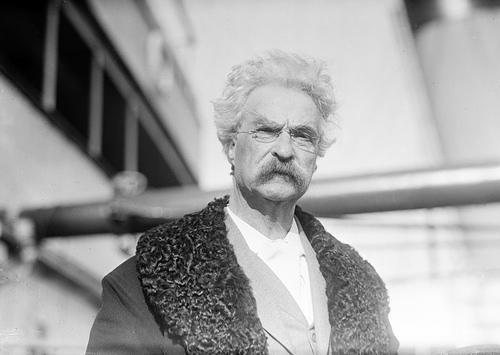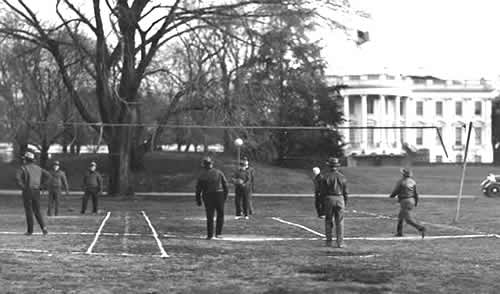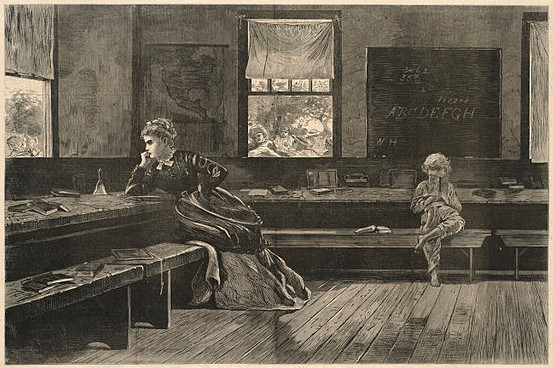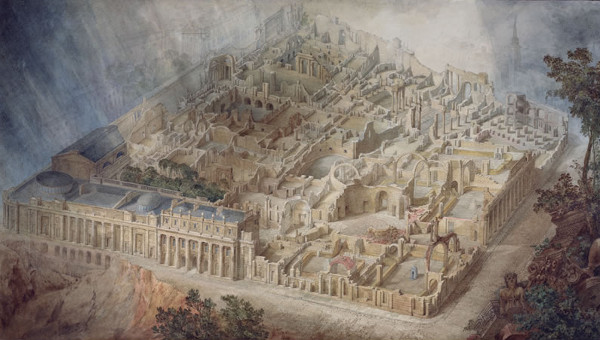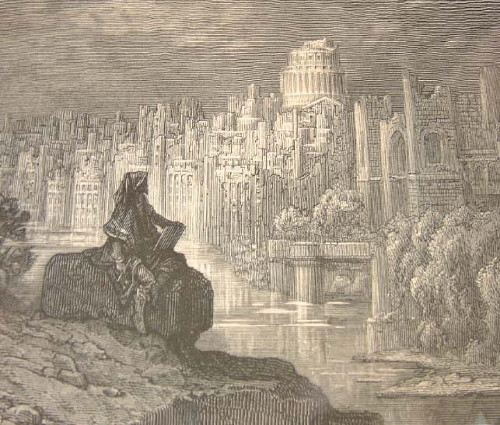From the Daily Telegraph obituary of British Army major Digby Tatham-Warter (1917–1993):
Digby Tatham-Warter, the former company commander, 2nd Battalion, Parachute Regiment, who has died aged 75, was celebrated for leading a bayonet charge at Arnhem in September 1944, sporting an old bowler hat and a tattered umbrella.
During the long, bitter conflict Tatham-Warter strolled around nonchalantly during the heaviest fire. The padre (Fr Egan) recalled that, while he was trying to make his way to visit some wounded in the cellars and had taken temporary shelter from enemy fire, Tatham-Warter came up to him, and said: ‘Don’t worry about the bullets: I’ve got an umbrella.’
Having escorted the padre under his brolly, Tatham-Warter continued visiting the men who were holding the perimeter defences. ‘That thing won’t do you much good,’ commented one of his fellow officers, to which Tatham-Warter replied: ‘But what if it rains?’


